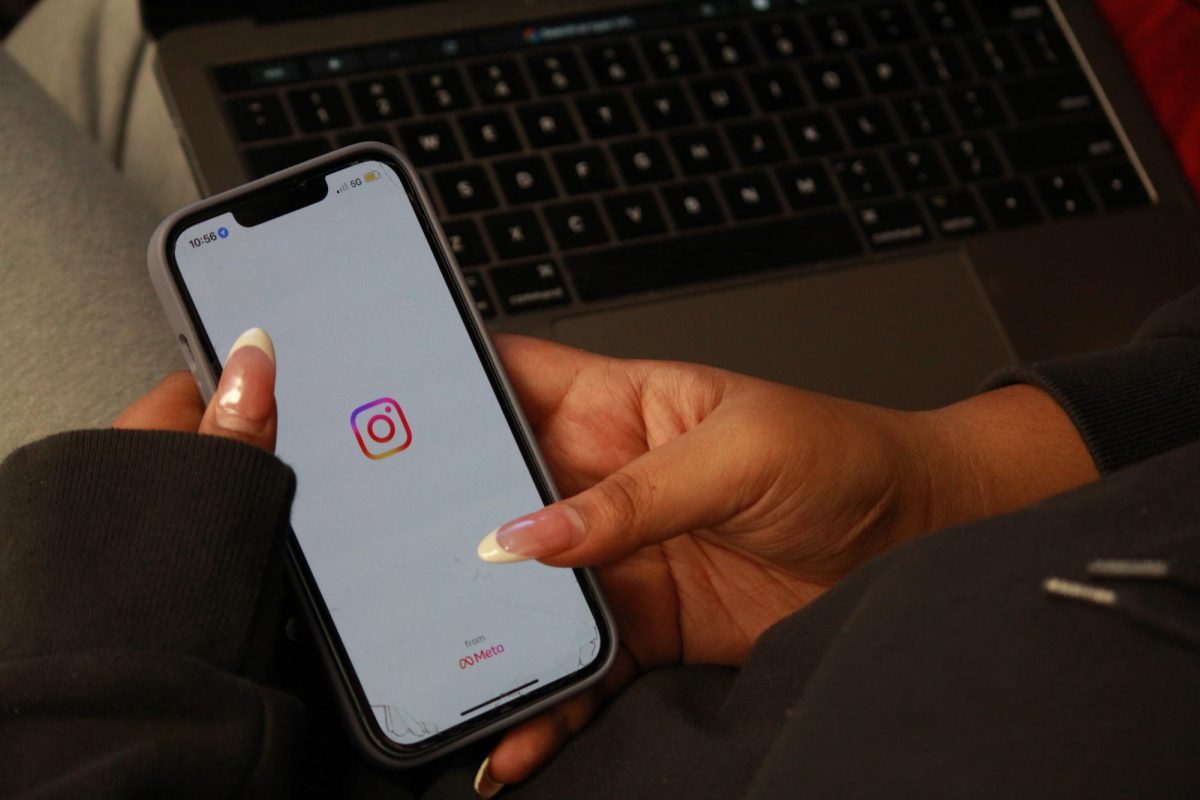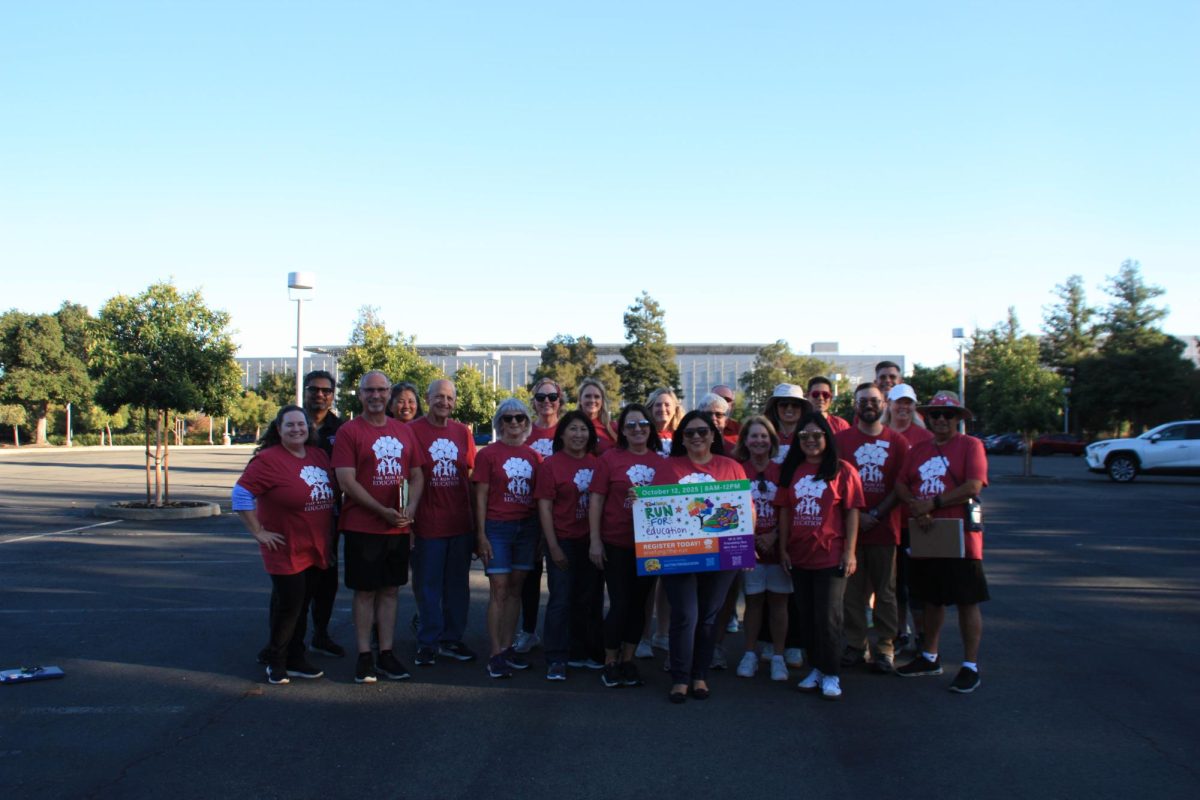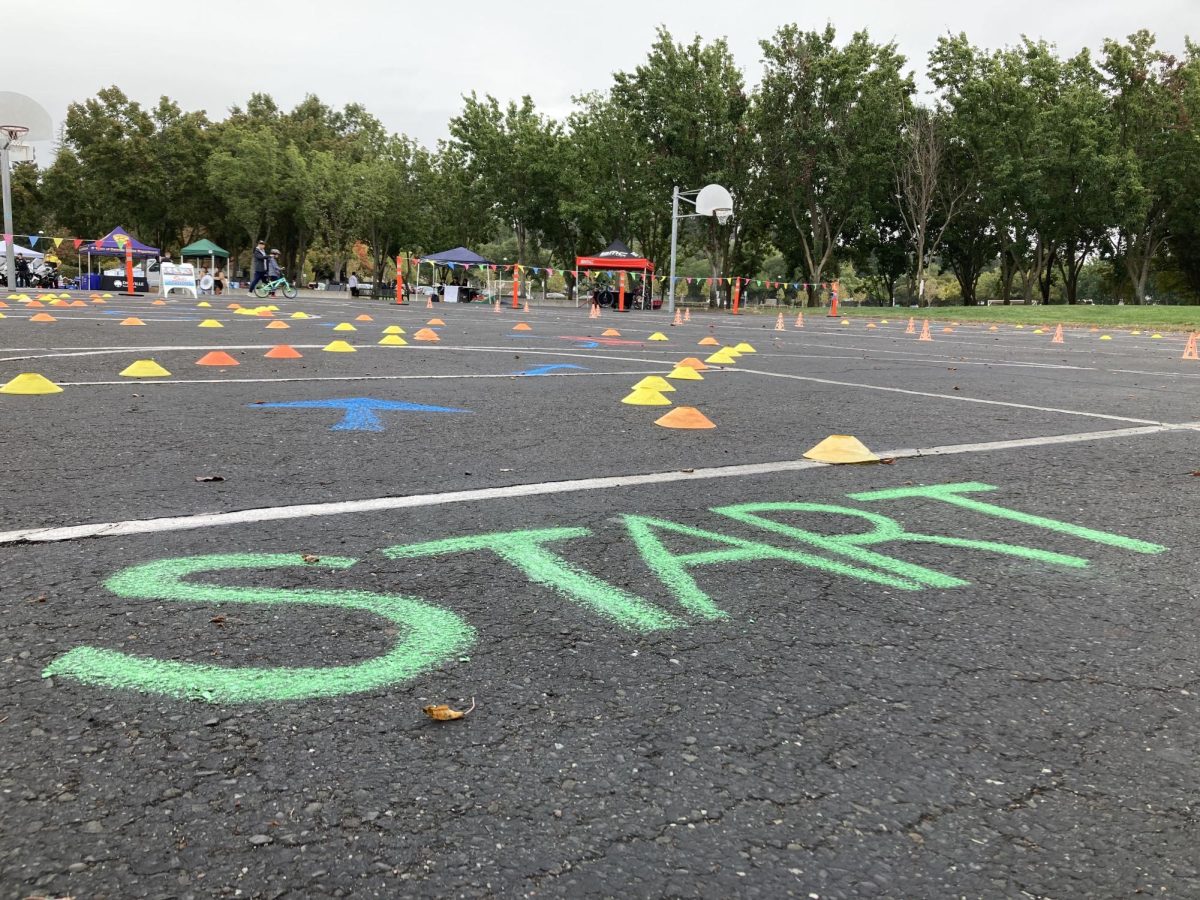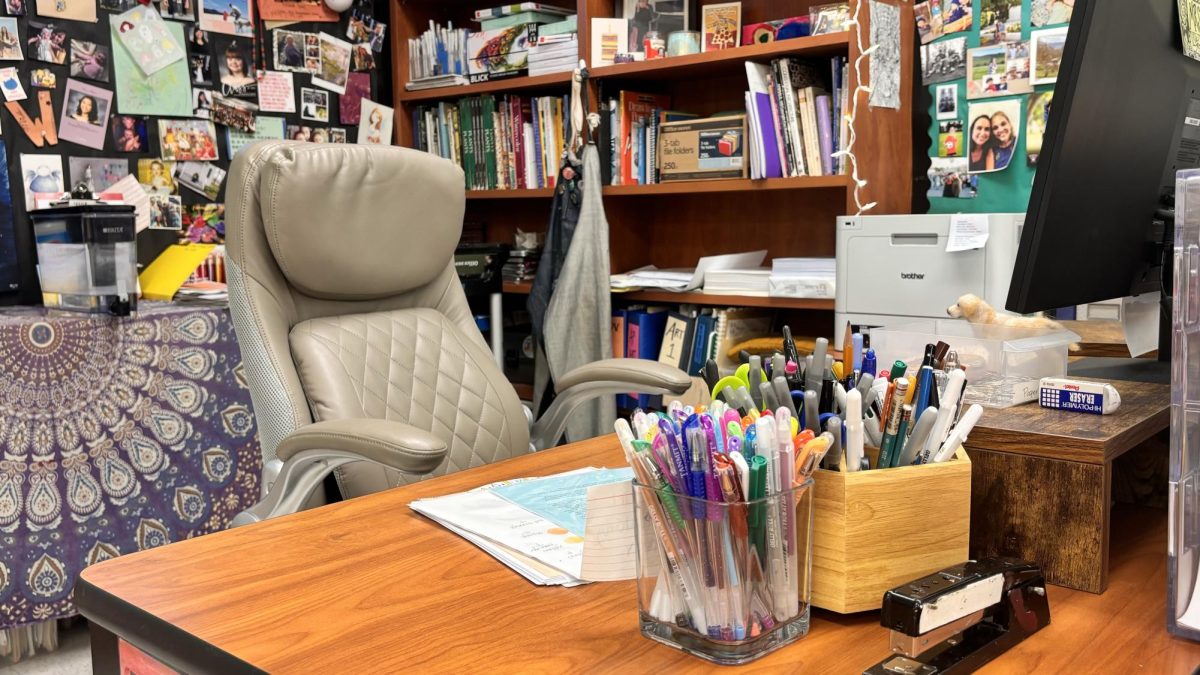Teenagers are constantly seen as if they’re addicted to social media. However, recently, the “dopamine detox”, where the brain’s reward system is reset by taking a break from overconsumption on social media, has become a widespread thing for many teenagers.
Teens are starting to realize how excessive time on social media is negatively impacting their focus, mental health, and sleep. They’ve been deleting or taking breaks from social media to save time and take care of themselves.
“I feel like deleting social media improves my focus and helps me sleep better instead of scrolling late into the night,” sophomore Aditi Madadi said.
Teenagers are gaining awareness about social media and its negative impacts. Social media itself played a key role in sparking the movement of decreasing social media usage. Many students consume content online regarding study tips or self-care and wellness, and a common theme was limiting the use of social media before sleeping or while working, particularly during important times. Social media has sparked a movement that is against its usage, and it’s inspiring some students, as they are utilizing screen time blockers or even deleting apps.
“I started deleting my social media apps in December, April, and May during my sophomore year. These three months are really important for me since it’s finals and AP testing. Even for the past few months as a senior, while applying for college apps, I used app blockers to limit my time on social media,” senior Srinithi Doddapaneni said.
On average, teenagers spend around 4.8 hours on social media every day. Reducing this time provides students with more time for productive rest and schoolwork and teens are taking the initiative.
“I started doing this [limiting time on social media] after seeing multiple TikToks about how people were more productive and how their grades went up. The first few days are always hard to get used to but after that, I feel like I sleep better and am more focused.” Doddapaneni explained.
Social media platforms are also beginning to play a role in encouraging this movement. Instagram launched its teen accounts in September, which remind younger users to go to sleep when scrolling late and to get off the app after spending an hour on it each day. Instagram teen accounts also mute notifications overnight to foster a healthy sleep schedule for teenagers. It offers parental controls and limits the content that the younger audience can consume.
Reducing social media usage has been a widespread effort for a long time, but recently, big actions have been taken both by young consumers and social media platforms to engage with content in a healthy way by reducing the amount of time spent.
As this trend of limiting social media usage continues, more teenagers are seeking ways to manage their screen time to take better care of themselves.
“I’ve noticed significant differences since I stopped using social media so much, and I honestly think it’s something I’ll continue into college,” Doddapaneni said.









